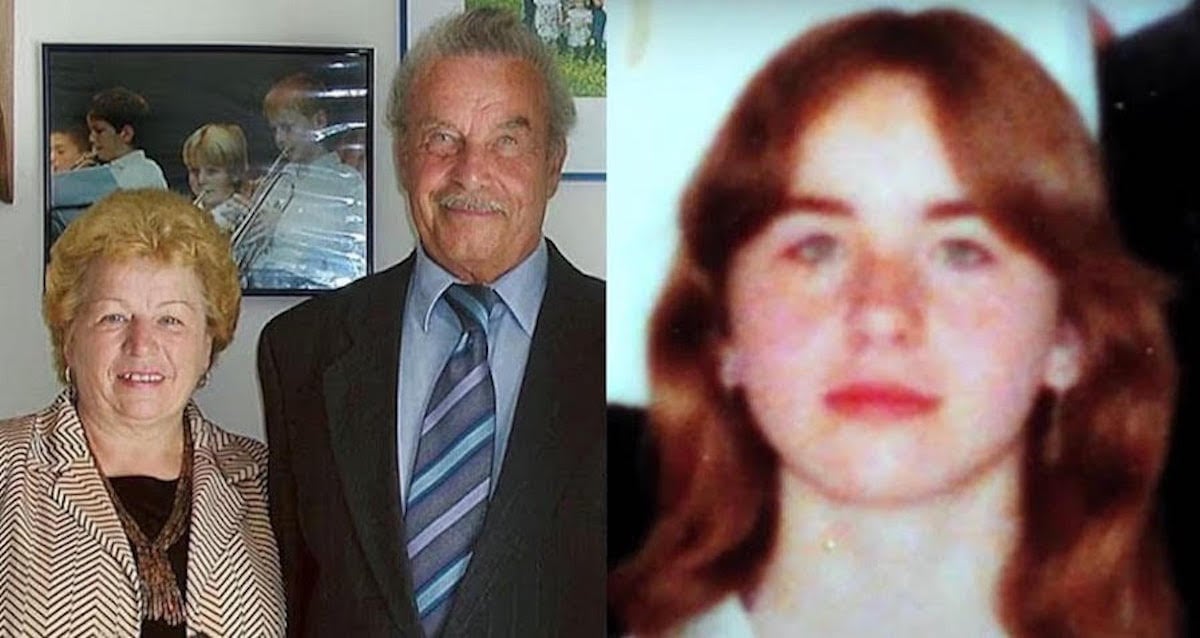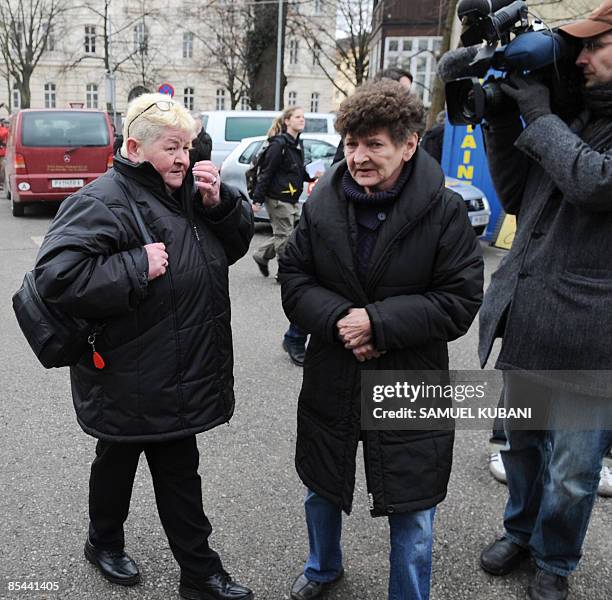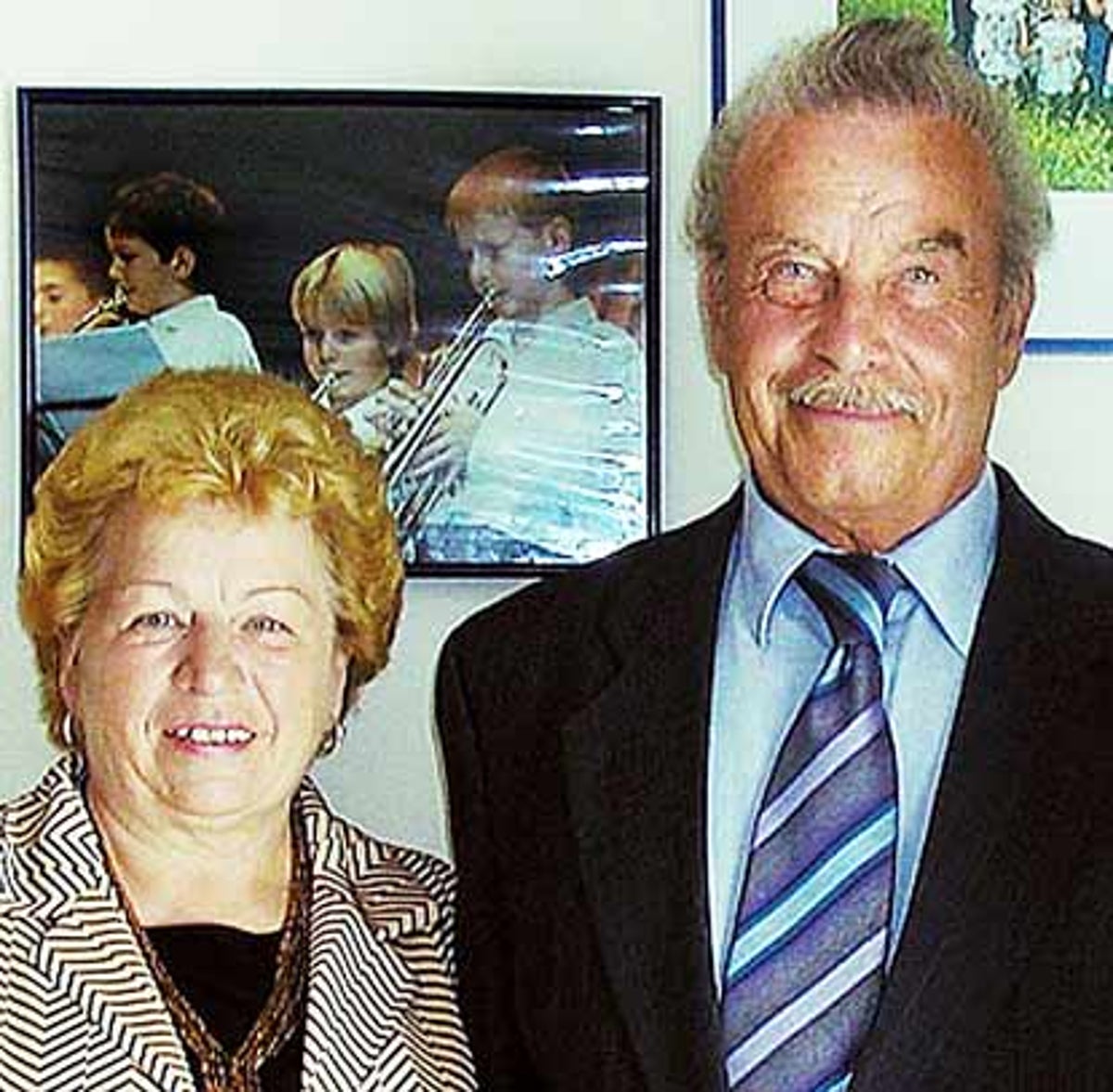When you hear the name Rosemarie Fritzl, it’s impossible not to feel a mix of emotions—shock, empathy, and even anger. Her story is one of unimaginable suffering, yet her resilience shines through as a beacon of hope. This isn’t just a tale of survival; it’s a powerful narrative about the human spirit’s ability to rise above unimaginable circumstances. In this article, we’ll dive deep into Rosemarie’s life, exploring every aspect of her journey, from the darkness she endured to the light she eventually found.
Rosemarie Fritzl’s case shook the world when it came to light in 2008. It was a story that captured global attention, not because of its sensationalism, but because of the sheer brutality and violation of human rights it exposed. This is more than just a crime story—it’s a reminder of the importance of justice, accountability, and the strength of survivors.
As we explore her story, we’ll uncover the truth behind the headlines, delve into the psychological and emotional impacts of her ordeal, and highlight how her courage has inspired countless others. So grab a coffee, settle in, and let’s uncover the layers of Rosemarie Fritzl’s extraordinary journey.
Read also:Unlocking The Secrets Of Mmsbea A Comprehensive Guide
Table of Contents
- Biography of Rosemarie Fritzl
- Early Life and Background
- The Years of Captivity
- The Discovery of the Secret Cellar
- Justice Served: Fritzl’s Trial
- Psychological Impact on Rosemarie
- Building a Support System
- Public Reaction and Global Outrage
- Rosemarie’s Legacy
- Conclusion: A Tribute to Strength
Biography of Rosemarie Fritzl
Rosemarie Fritzl is a name that became synonymous with resilience and survival. Born on July 21, 1974, in Amstetten, Austria, her life took a dark turn at the age of 18 when she was abducted by her own father, Josef Fritzl. For 24 years, she endured unimaginable horrors in a hidden cellar beneath her family home. Despite the trauma, Rosemarie’s story is one of hope and triumph over adversity.
Rosemarie’s Personal Details
| Full Name | Rosemarie Fritzl |
|---|---|
| Date of Birth | July 21, 1974 |
| Place of Birth | Amstetten, Austria |
| Years of Captivity | 1998–2008 |
| Number of Children | 7 (conceived during captivity) |
Her story has become a symbol of strength and the fight for justice, inspiring countless individuals around the world.
Early Life and Background
Rosemarie grew up in Amstetten, a small town in Austria, where she lived with her parents and siblings. On the surface, her life seemed ordinary, but beneath it lay a sinister secret. Her father, Josef Fritzl, was a respected figure in the community, but behind closed doors, he harbored a dark side. At the age of 18, Rosemarie was lured into a trap by her father, who drugged her and locked her in a specially constructed cellar beneath their home.
This marked the beginning of a nightmare that would last for 24 years. During this time, Rosemarie was subjected to physical, emotional, and sexual abuse. Her father would visit her regularly, bringing her food and supplies while continuing his heinous acts. Despite the unimaginable circumstances, Rosemarie found ways to survive, even giving birth to seven children, all conceived through her father’s abuse.
The Years of Captivity
Living in a hidden cellar for 24 years is something most people can’t even fathom. Rosemarie’s days were filled with loneliness, fear, and despair. Her world was confined to a small space, with no sunlight, no human interaction beyond her father, and no hope of escape. Yet, she managed to create a semblance of normalcy for herself and her children.
- She taught her children basic skills, including reading and writing.
- Rosemarie instilled values of kindness and resilience in her kids, despite the circumstances.
- She kept a diary, documenting her experiences and thoughts, which later became crucial evidence in her father’s trial.
Through sheer willpower, Rosemarie maintained her sanity and ensured the well-being of her children, proving that even in the darkest moments, hope can prevail.
Read also:Amy Winehouse Blake The Untold Story Of Love Struggles And Redemption
The Discovery of the Secret Cellar
The world learned about Rosemarie’s plight in 2008 when one of her children, Kerstin, fell ill and was taken to the hospital by Josef Fritzl. Doctors noticed inconsistencies in Kerstin’s medical history and questioned Josef about her origins. Under pressure, Josef confessed to his crimes, leading to the discovery of the hidden cellar and Rosemarie’s rescue.
This revelation sent shockwaves across the globe. Media outlets clamored to cover the story, and the public was left reeling at the scale of the abuse. Rosemarie’s liberation marked the beginning of a new chapter in her life, one filled with healing and rebuilding.
Justice Served: Fritzl’s Trial
Josef Fritzl’s trial was a landmark case that captured international attention. In 2009, he was sentenced to life in prison without the possibility of parole. The court acknowledged the severity of his crimes and the profound impact they had on Rosemarie and her children.
During the trial, Rosemarie’s strength and courage were on full display. She testified against her father, recounting her harrowing experiences with remarkable composure. Her testimony not only helped secure justice but also brought attention to the importance of protecting vulnerable individuals and holding perpetrators accountable.
Psychological Impact on Rosemarie
The psychological toll of Rosemarie’s captivity cannot be overstated. Spending 24 years in isolation, enduring abuse, and raising children in such conditions would leave deep scars. However, Rosemarie’s resilience and determination to heal have been nothing short of remarkable.
After her rescue, she sought professional help to cope with the trauma. Therapists worked with her to process her experiences and rebuild her life. Her journey towards mental well-being serves as an inspiration to others who have faced similar challenges.
Key Psychological Challenges
- PTSD: Rosemarie struggled with post-traumatic stress disorder, experiencing flashbacks and anxiety.
- Trust Issues: After being betrayed by her own father, rebuilding trust with others was a significant challenge.
- Identity Reconstruction: Rediscovering herself outside the confines of the cellar was a crucial part of her recovery.
Despite these challenges, Rosemarie has made remarkable progress in her healing journey.
Building a Support System
Rebuilding a life after such an ordeal requires a strong support system. Rosemarie was fortunate to have access to dedicated professionals, including psychologists, social workers, and legal advocates, who helped her navigate the complexities of her situation.
Additionally, her children became a source of strength and motivation. Together, they worked to create a new life filled with love and opportunity. The community rallied around them, providing resources and emotional support as they adjusted to their newfound freedom.
Public Reaction and Global Outrage
The world reacted with outrage and disbelief upon learning of Rosemarie’s story. People were horrified by the extent of the abuse and the fact that it had gone unnoticed for so long. This case highlighted the importance of vigilance and the need for stronger protections for vulnerable individuals.
Media coverage of the case sparked conversations about domestic abuse, child protection, and the justice system. Rosemarie’s story became a catalyst for change, prompting governments and organizations to reevaluate their policies and practices.
Rosemarie’s Legacy
Rosemarie Fritzl’s legacy is one of resilience, courage, and hope. Her story has inspired countless individuals to speak out against abuse and seek justice. Through her strength, she has shown that even in the face of unimaginable adversity, it’s possible to rise above and create a better future.
Her journey serves as a reminder of the importance of supporting survivors, holding perpetrators accountable, and creating a world where such atrocities can never happen again.
Conclusion: A Tribute to Strength
Rosemarie Fritzl’s story is a testament to the indomitable human spirit. From the depths of despair, she emerged as a symbol of hope and resilience. Her courage in the face of unimaginable trauma has inspired millions around the world.
As we reflect on her journey, let’s remember the lessons it teaches us. Let’s strive to create a safer, more compassionate world where survivors are supported, and justice is served. Share this article, leave a comment, and continue the conversation. Together, we can honor Rosemarie’s legacy by working towards a brighter future for all.


